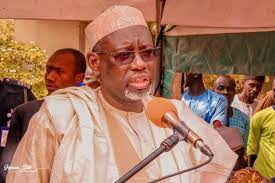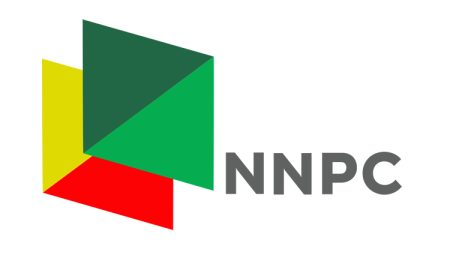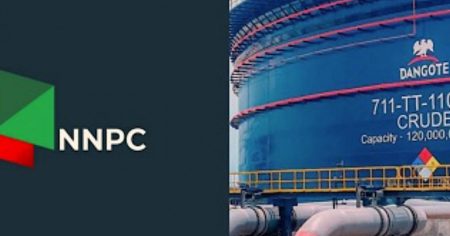The Dangote Petroleum Refinery has initiated direct sales of Premium Motor Spirit (PMS) to various oil marketers, bypassing the Nigerian National Petroleum Company Limited (NNPC) entirely. This move comes amidst an increasing demand for petrol in Nigeria, as marketers look to secure fuel supplies directly from the $20 billion facility in Lekki. While some marketers are opting for this direct arrangement to meet local fuel needs, others are reportedly importing substantial amounts of PMS, with several vessels scheduled to deliver hundreds of millions of liters to Nigerian ports. Recent data from the Nigerian Port Authority confirmed the arrival of approximately 123.4 million liters of imported PMS at seaports along Nigeria’s coast, which was seen as necessary to bolster the fuel supply as domestic sources ramp up production.
The Dangote refinery’s decision to sell PMS directly to oil marketers marks a pivotal shift in the Nigerian fuel distribution landscape. A senior official at the refinery indicated that the company is engaging in transactions based on a “willing-buyer, willing-seller” approach, with agreements already formed with some marketers, while ongoing negotiations are actively taking place. This strategy is believed to be responsive to the oil dealers’ demand for favorable pricing, as marketers will only proceed with purchases if terms are advantageous. The refinery was also noted to be improving operations as it began receiving crude supplies from the federal government, enhancing its production capacities to meet the soaring demand for fuel.
Significantly, this shift towards direct sales indicates a move away from exclusive relationships with NNPC, which had initially been projected to act as the sole off-taker for the refinery’s petrol. Reports had indicated that while operations were designed around NNPC’s involvement, recent announcements from the Technical Subcommittee on Domestic Sale of Crude Oil indicated a new regulatory direction allowing marketers to negotiate directly with the refinery. This change reflects broader efforts to deregulate the petroleum market and increase competition, ultimately aiming to improve efficiency and consumers’ access to fuel, as emphasized by the Minister of Finance, Wale Edun.
The evolving scenario has caught the attention of various stakeholders, including the Independent Petroleum Marketers Association of Nigeria (IPMAN). IPMAN expressed optimism about the potential for direct transactions with Dangote, having recently engaged in discussions with the refinery’s officials. During this meeting, IPMAN officials praised the refinery for its openness to facilitating direct business engagements. However, there remains some hesitance from IPMAN regarding the immediate commencement of product off-take until clarity on the existing arrangements with NNPC is addressed. This stance underscores the complexities that still linger within the restructuring of Nigeria’s fuel supply chain.
Despite the optimism surrounding direct sales, there are contradictions in the reported terms of trade. Following the commencement of operations on September 15, the NNPC claimed to have acquired the product at N898 per liter, a statement the Dangote refinery has dismissed as misleading. The refinery has insisted that the pricing will be managed by a dedicated naira-for-crude committee, which has not yet made its pricing announcements as of late October. This ambiguity regarding pricing indicates ongoing adjustments and negotiations within the industry’s pricing structures as the market evolves following recent regulatory changes.
In summary, the Dangote Petroleum Refinery’s direct sales of PMS to oil marketers without NNPC’s intervention signal a significant transformation in Nigeria’s petroleum sector. This strategic shift towards facilitating direct transactions could potentially enhance market competition and efficiency while simultaneously addressing the ever-growing demand for petrol. Although optimism persists among marketers, challenges remain in navigating the existing contracts and pricing complexities. This dynamic has led to an intertwined landscape of domestic production, deregulation efforts, and international importation, all of which will significantly shape the future of Nigeria’s fuel supply chain.














